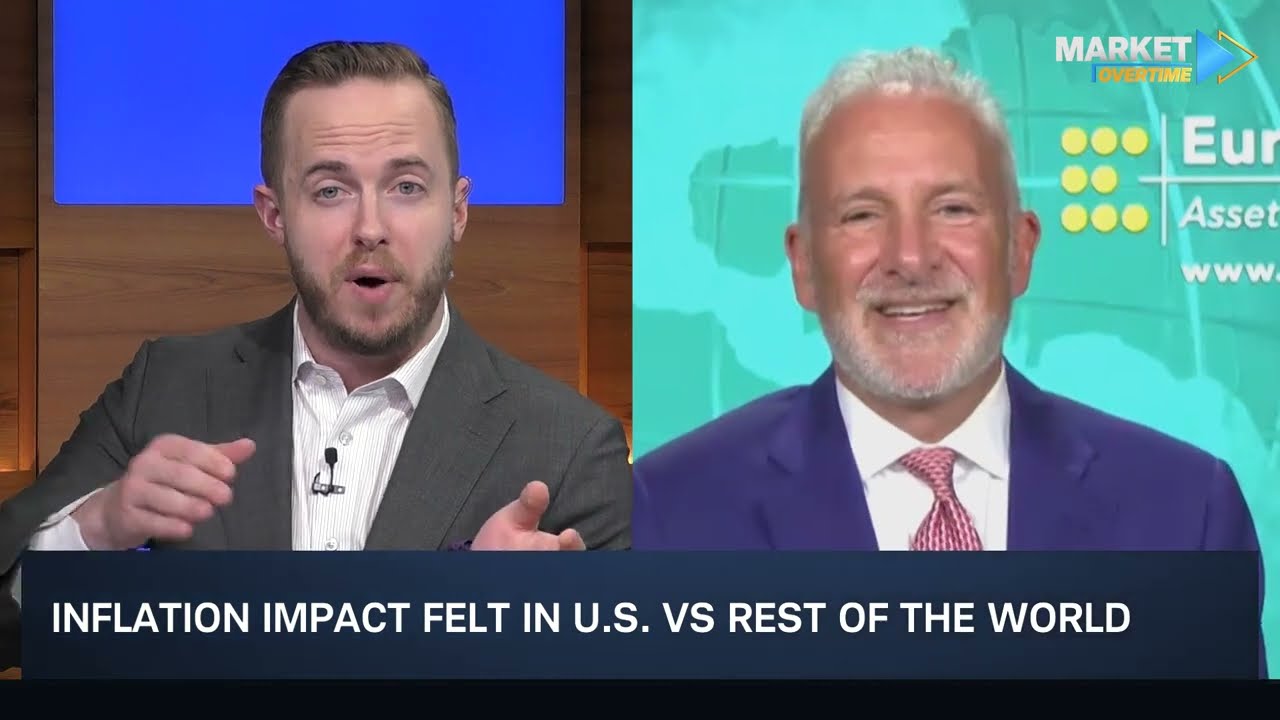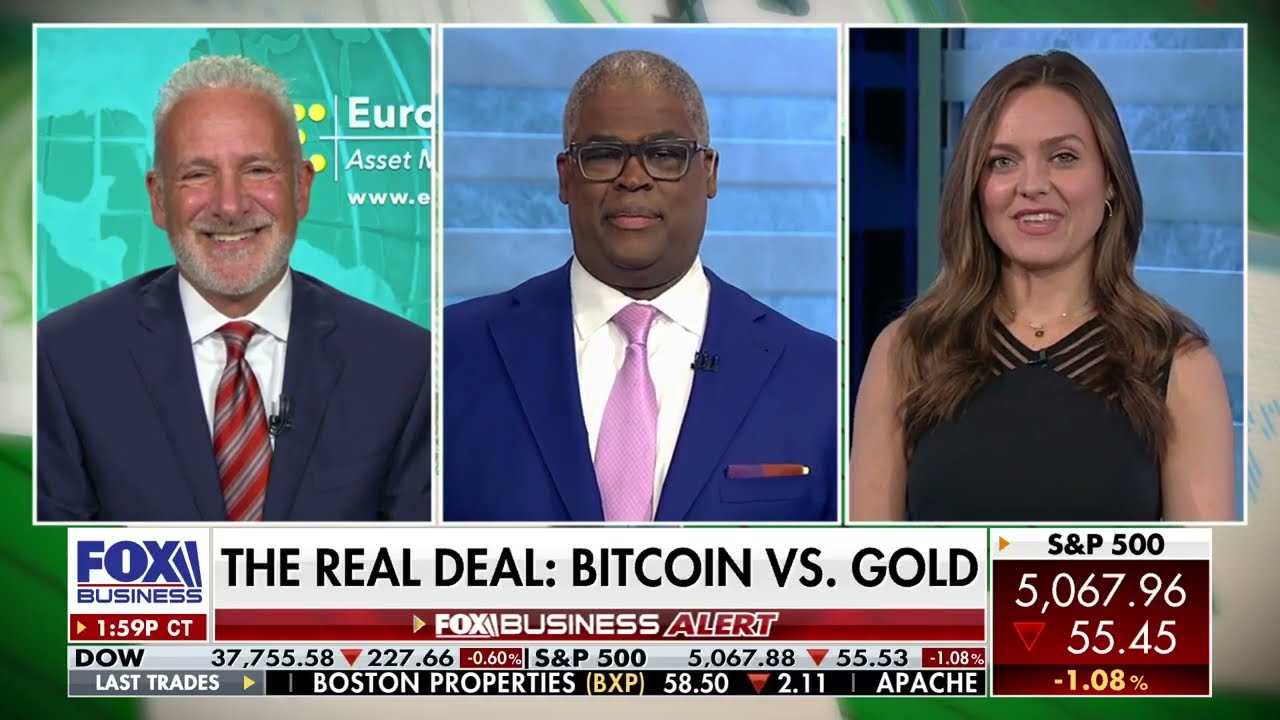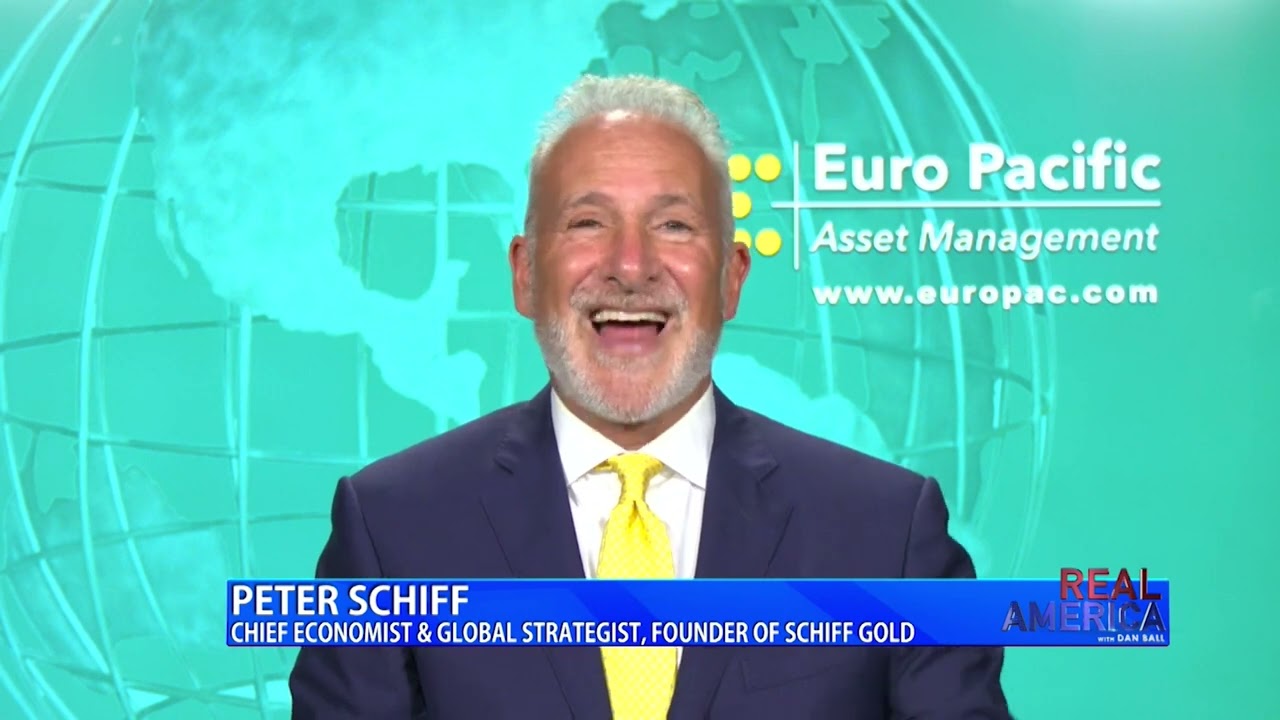How Central Banks Enrich the Few and Destroy Free Markets (Audio)
Tom Woods and Mark Thornton, a Senior Fellow at the Mises Institute, discussed the reality of financial market manipulation by central banks. This excellent, easy-to-understand conversation explains how the Federal Reserve’s monetary policies enrich Wall Street bankers while destroying the wealth of the middle and lower classes. At the same time, this financial repression undermines the concept of capitalism and free markets.
Highlights from the interview:
Mark: Central banks are printing massive amounts of currency and balances on their accounts. We have extremely low interest rates. Mortgage rates are historically low. Yet people that I know are not getting loans. When I looked into it, I found that home sales are up… But it’s a record number of people who are buying homes with cash rather than a mortgage. As you said, the unemployment rate is near full employment, and yet we have a record number of people who don’t have jobs. The Federal Reserve fretting over raising its lending rate to banks from .16 of 1% to above .25 of 1%. So we’re living in this crazy, chaotic, central bank world of manipulation…
Tom: Are you saying that what’s happening, the fact that the mortgage rates are low, seems to be benefiting only the wealthy, only people who would be in a position to put down cash for a house. Is that what you’re concluding from that?
Mark: That’s certainly one of the things about financial repression. The end result is the benefits accrue to wealthy people, Wall Street people, big bank people and hedge funds, as well as the government. But the rest of society – you and I – are not benefiting at all, because we’re being financially repressed.
Tom: Elaborate on [financial repression]. Is it just an environment in which the Federal Reserve is holding interest rates super low or is there more to it?
Mark: Yes, they’re squeezing us basically, Tom. Central banks around the world are keeping interest rates that they lend to banks near zero. And yet, in the economy itself prices are rising at 2% they say, but probably more than that. If we want to put money into savings, put it into the bank – I was just recently in my bank and a 5-year certificate of deposit would earn you 0.2 of 1%… But when the money comes out five years later, it’s going to be subject to double-digit levels of inflation. So you’re really losing money by putting your money into your savings account, certificates of deposit, money markets. They’re all earning historically negligible rate of return… It hurts just about everybody: workers, savers, retirees, as well as things like pensions and the insurance industry. The vast bulk of society is suffering under this monetary pumping, zero rate environment…
Tom: We understand that the Federal Reserve cannot directly affect, let’s say, the interest rate on your savings account. It doesn’t have any influence over that. What it can effect is what you’ve been talking about – the Federal Funds Rate, which involves lending between banks. But it’s not immediately obvious why that rate would have any connection whatsoever with the rate I’m receiving on my savings account at the bank. What is the connection? How is the one affecting the other?
Mark: The Fed, in the Federal Funds market, lends money to the big banks – currently I think it’s at .16 of 1%. So that’s the cost of their capital… So your hometown bank can get money through this marketplace at a very low rate. It has two choices. Either borrowing the money through this Federal Reserve influenced bank market, or getting the money from you. You have to compete with this market that’s being flooded by the Federal Reserve. You can’t really blame your own bank for giving you such a low interest rate, because they’re in business to make money of course. They go to the lowest cost provider of credit, and that currently is not people in their hometown, but rather this federal funds market that’s directly controlled by the Federal Reserve.
Tom: What about the claim that this policy of the Fed of consistently low interest rates going on really 15 years, rates have been either low or pushed lower… That this is necessary for economic health. That we need this, otherwise investment will be choked off and recession will come back…
Mark: The central bankers tell us that they’re trying to stimulate the economy… If we look at income distribution statistics over those 15 years you’re talking about, you see a massive leap up in economic inequality, as this financial class is enriching itself on the actions of the central bank. The rest of us are being left behind. Say, for example, you were a bakery and the government was providing you with free flour to make your breads. If you got free inputs into your production process, obviously you’re going to make a lot of money… That’s what’s going on here…
Negative interest rates just don’t make sense in a free market economy… But we don’t have a free market economy, Tom. This 15-year period of money printing and financial repression, the end result has been negative interest rates on some 2-year government bonds for some governments… Why would you pay 1050 euros for a government bond that 2 years from now is only going to be worth a 1000 euros? That doesn’t make any sense. You could just take the money out of the bank, and hold the 1050 euros in your mattress. But in today’s economy, where you have very wealthy people and financial firms that want to store large amounts of money in a bank, the problem is that those customers don’t necessarily trust the banks for some kind of bailout on the part of governments, because governments have instituted bail-in provisions for the large, systemically risky banks…
A bail-in is sort of what happened in Cyprus when they had their financial crisis. What happens is that when a large, systemically risky bank is found to be bankrupt, instead of the tax payers making the depositors good on their deposits, what happens is that the depositors make the bank good by simply removing some of their deposits and wiping them off the board. For example, a bail-in provision might protect your FDC insured amount of your deposit, but everything above that – you might lose it all. You might lose 50% of it. Or it might be transferred into stock certificates in that bank. The key is that depositors are going to lose money. People with tens or hundreds of millions of dollars in a bank, they don’t want to accept that risk…
Get Peter Schiff’s latest gold market analysis – click here – for a free subscription to his exclusive weekly email updates.
Interested in learning more about physical gold and silver?
Call 1-888-GOLD-160 and speak with a Precious Metals Specialist today!



 As fiscal imbalances persist, driven by coercive measures and artificial currency creation, the middle class faces erosion and purchasing power dwindles. But as the world hurtles towards a potential reckoning, the lingering question remains: can this precarious balance last, or are we teetering on the brink of a cataclysmic economic shift?
As fiscal imbalances persist, driven by coercive measures and artificial currency creation, the middle class faces erosion and purchasing power dwindles. But as the world hurtles towards a potential reckoning, the lingering question remains: can this precarious balance last, or are we teetering on the brink of a cataclysmic economic shift? Peter recently appeared on Market Overtime with Oliver Renick for an interview. In their wide-ranging discussion, Peter speaks on monetary policy, the reliability of inflation data, and reasons to avoid Bitcoin.
Peter recently appeared on Market Overtime with Oliver Renick for an interview. In their wide-ranging discussion, Peter speaks on monetary policy, the reliability of inflation data, and reasons to avoid Bitcoin. Peter recently appeared on Fox Business to discuss Bitcoin’s recent performance. In this segment, he takes on Natalie Brunell, host of the podcast Coin Stories, in a friendly debate on the merits of crypto and precious metals.
Peter recently appeared on Fox Business to discuss Bitcoin’s recent performance. In this segment, he takes on Natalie Brunell, host of the podcast Coin Stories, in a friendly debate on the merits of crypto and precious metals. Beneath the veneer of headline job gains, the American economy teeters on the brink: native employment dwindles as part-time and immigrant jobs surge. Government hiring camouflages looming recession warnings. Inflation and political blunders worsen the crisis, fueling public outrage at the establishment’s mishandling of the economy.
Beneath the veneer of headline job gains, the American economy teeters on the brink: native employment dwindles as part-time and immigrant jobs surge. Government hiring camouflages looming recession warnings. Inflation and political blunders worsen the crisis, fueling public outrage at the establishment’s mishandling of the economy. On Thursday, Peter appeared on OAN’s Real America with Dan Ball to discuss the U.S. Strategic Petroleum Reserve, the costs of home ownership, and the debt crisis. Peter argues the Biden administration won’t be able to refill the reserve, given oil’s 22% price increase this year. With the CRB exploding, Jerome Powell’s claim that inflation is coming […]
On Thursday, Peter appeared on OAN’s Real America with Dan Ball to discuss the U.S. Strategic Petroleum Reserve, the costs of home ownership, and the debt crisis. Peter argues the Biden administration won’t be able to refill the reserve, given oil’s 22% price increase this year. With the CRB exploding, Jerome Powell’s claim that inflation is coming […]
Three pillars of sand our economic system is built on:
1.Federal Reserve Bank
2.Fiat Currency
3.Fractional Reserve Banking
The Federal Reserve tries to regulate the economy. Their two mandates are current and expected inflation and unemployment.
The Federal Reserve creates money and or makes money inexpensive by manipulating interest rates lower. Rarely manipulating rates higher. This is inflation. Prices go up and real wages go down.
The Federal Reserve creates bubbles and crashes by pushing interest rates too low or too high for too short or too long of time.
Who regulates the regulators at the Federal Reserve to keep the people safe from it and its mistakes? The only real regulator possible is the free market.
With the Federal Reserve in place the market becomes the judge of the Federal Reserve decisions, rather than the regulator.
The Federal Reserve in essence aids debtors and punishes savers. A depreciating dollar aids debtors and harms savers. An appreciating dollar aids savers and harms debtors.
If you start giving an economy fish (easing Federal Reserve monetary policy, excessive federal government spending; deficit, national debt), the economy starts fishing less and starts dining more. Temporary misallocated (Keynesian stimulated) employment increases and sustainable production employment decreases.
Abolish the Federal Reserve, the FDIC and all bank regulations except one; require full disclosure on full or fractional reserve backing of deposits.
Everyone at all conversant in current trends has to be aware of the alarming polarization of income away from concentration to a large and powerful middle class inexorably toward a small number of very rich (some say the top half of The One Percent) and a huge number of the very poor more and more of whom are beginning to see themselves going “under water.”
What is your take on the legislation Senator Elizabeth Warren is said to be proposing to try and arrest this trend?
Incidentally, I have started to pay closer attention to the writings of Bernard Baruch and was pleasantly surprised to see the Schiff name among those who have been major players in the US economy for quite some time.
Interesting. I don’t know what quite to say about it but I know my dad hates the low interest rates because inflation kills your savings. I think Fed should raise rates immediately because I don’t buy that low rates are protecting the middle lower classes from expensive loans. Who can actually afford a house anymore? Savings should beat inflation at all times. Put your money where your mouth is since you say the unemployment rate is lol 4.9%. Fine, then let’s go to 2% overnight and see what happens. Not too worried about the casino stock market which deserves everything bad it gets. Most of it is held by the super rich anyways.